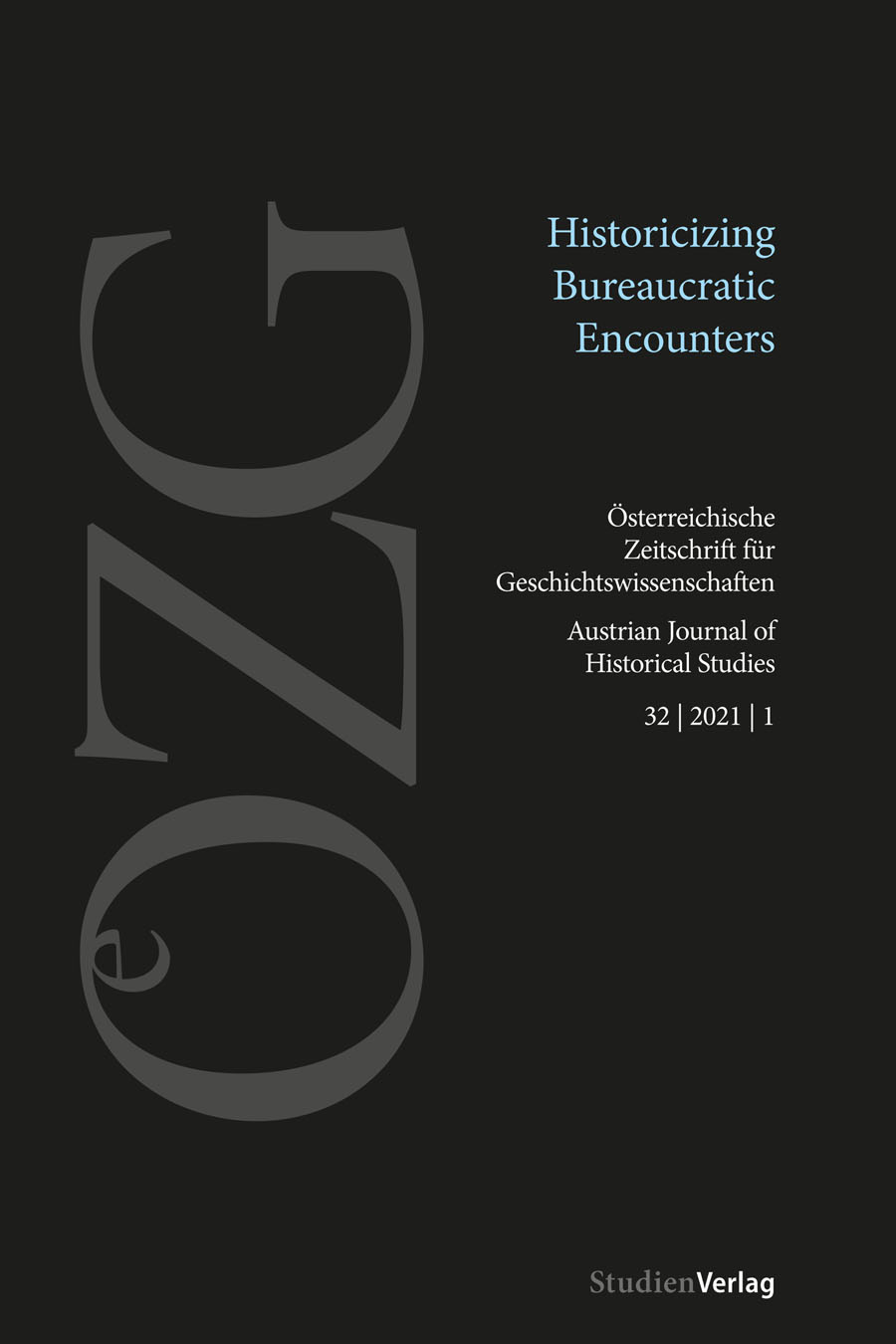Between Emancipation and Tradition
On the Biographical Search for Traces of Dr. Malvine Rhoden, née Weiss (1885–1977)
DOI:
https://doi.org/10.25365/oezg-2021-32-1-8Keywords:
women, doctor, Jews, asylum, SchussenriedAbstract
This article follows the biographical traces of the Jewish physician Malvine Rhoden, née Weiss (1885–1977). In the early twentieth century, she was one of the first women in the former Habsburg Empire to benefit from the new educational opportunities. After studying medicine in Budapest and Vienna, she began her professional career at the German asylum Schussenried (Württemberg). In 1911/1912, she worked there as an assistant doctor at the women’s ward. A highly educated and professional woman – initially single, later married with children – she was part of a new generation of women who challenged patriarchal and bourgeois society and culture. Her path in life between eff orts for self-emancipation and self-discovery and internalized gender role conformity was often a challenge that demanded decisions and prioritization. Based on heterogeneous source material both in terms of content and form, research on Malvine Rhoden and her family resulted in a biography that spans several decades and is reflected in family history and genealogy. It contributes to medical, historical and biographical research on displaced Austrian doctors during the Nazi period.
Downloads
Published
How to Cite
Issue
Section
License
Copyright (c) 2021 Uta Kanis-Seyfried

This work is licensed under a Creative Commons Attribution 4.0 International License.


